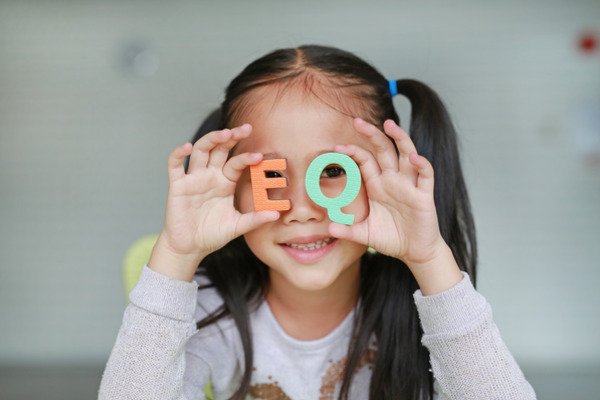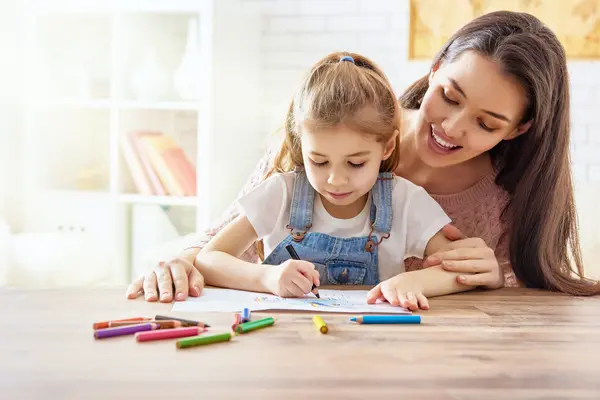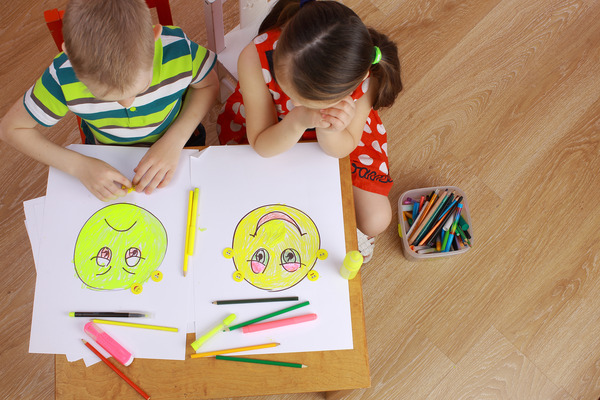How can emotion workshops help children? What do you learn in them and why are they important for your emotional and psychological development? Find out how they work.
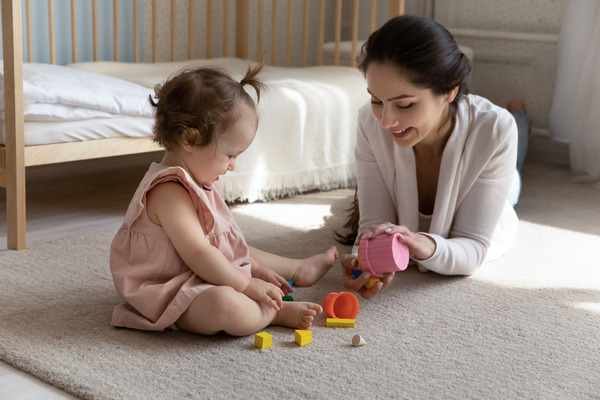
All parents want their children to learn the necessary skills to be able to develop well with others and feel good about themselves. For this reason, emotional intelligence exercises are usually important, especially in the early years, because knowing how to manage emotions can be very useful in our daily lives. So what does a emotions workshop for children and how can you help them?
How to improve the emotional development of children?
The emotional intelligence It is essential for the well-being of children. In fact, children are usually very accustomed to doing rather than thinking, which can make trying to govern their emotions even more complicated than for adults.
For children to learn to control their emotions, it is important that parents interact to teach them to identify their emotions, and be able to manage them in the correct way. One of the ways in which we can help them understand their feelings and emotions is precisely by doing emotional intelligence exercises through workshops focused on children These types of activities give them a safe space to explore the different emotions that contribute to emotional development.
What is worked on in an emotions workshop for children?
Take frustration as an example: Frustration is a feeling of deprivation of real or perceived life satisfaction. In the case of adults, we can feel frustration when we are in a search process and we cannot find an answer to what we are looking for. But how do children express frustration?
In a emotions workshop for children Through different game dynamics, different from those they know so far, we will teach boys and girls to manage and tolerate their frustration. We will see that this frustration appears in different ways, and that the first and essential thing is to know what emotions we have and know how to differentiate them.
Teaching children to recognize and manage emotions allows them to increase the perception of control over what happens to them, which is essential for the adequate development of their self-esteem and self-concept. Sharing emotions with others is crucial for social development of children People with adequate frustration tolerance maintain more satisfactory social relationships. For a child, having friends is making him feel part of a group, receiving support when he needs it, sharing experiences, interests, all of this in turn helps him build an adequate image of himself.
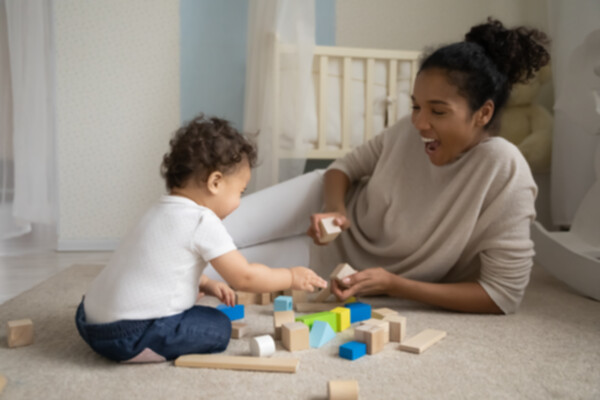
The most appropriate and fun way to educate a child about emotions is through play, which allows them to incorporate appropriate resources that they then generalize into their daily lives. In these workshops for children You learn about emotions, as well as working on different concepts such as:
- Know and talk about emotions and feelings: Knowing how to identify our emotions and feelings is the first step to being able to build a healthy relationship with them. In this way, the emotion workshops for children They allow them to take the first steps to label the feelings they feel in their daily lives.
- Raise awareness to learn to have good relationships with colleagues: Learning to share, wait your turn, and respect each person’s time. Knowing how to relate to our emotions also helps us build better relationships with others.
- Empathy: Develop greater emotional competence. The emotion workshops for children They allow the little ones to learn to detect what others feel and understand what feelings they may have on certain occasions.
- Learn to say ‘no’: There are many people who, in their adulthood, often have problems knowing how to say ‘no’ to others. It is during childhood where we can help children learn when to say ‘no’ to the requests of others without creating an internal problem or conflict in relationships.
- Know how to set limits: The rules and limits relating to the group. The emotion workshops They can be useful for children to understand what their limits are and how they should act to respect them. This skill is very important, especially for the development of good mental health during adolescence and adulthood.
Taking this into account, we can teach children to tolerate frustration, as well as other emotions, starting from the premise that failures and frustrations are normal in life and that a happy person is not one who does not makes mistakes or always gets everything he wants.

